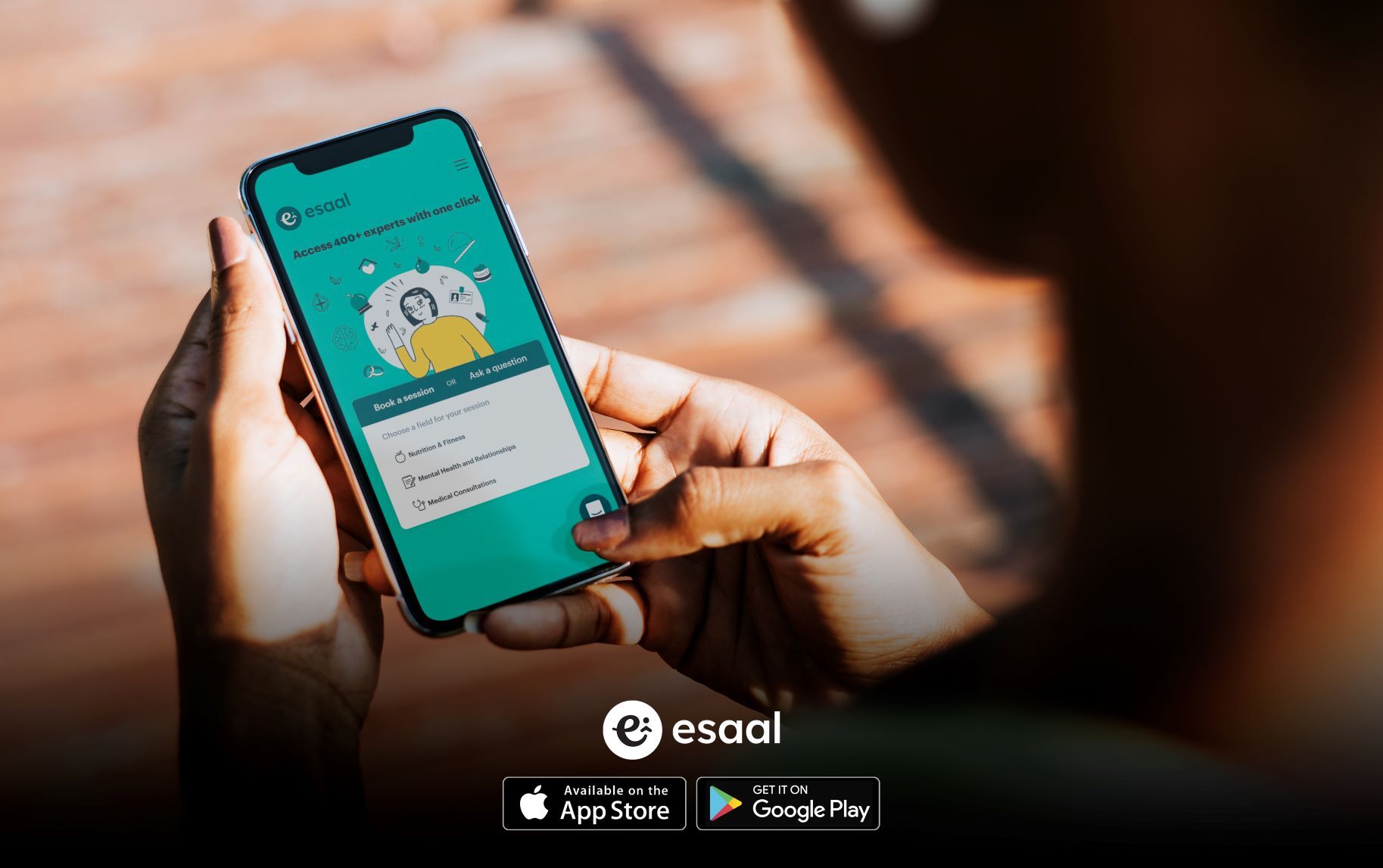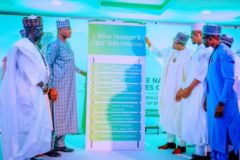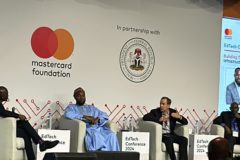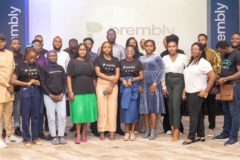The use of technology or the internet to connect patients to doctors goes as far back as 1994 (PDF) in the MENA region, when Egypt is considered that date is 2002. But wars, doctor and patient resistance, poor infrastructure, lack of funding, poor system quality, and lack of information technology training have hindered the adoption and growth of telemedicine in the MENA region.
These challenges and the pandemic which force the world to rethink access to healthcare, has created an underserved market for online medical consultation in the region.
Esaal, a health and wellness startup, which has enjoyed unprecedented success in the MENA’s telemedicine industry, has announced a $1.7 million seed investment from A15, according to a statement released by the MENA-focused company. Since its launch in 2018, Esaal has accumulated $3 million in funding, to fund its physical health and mental health and nutrition consultation services which it offers for subscription or on-demand consultation fees.
Esaal’s foray into mental health consultancy is not unrelated to Egypt’s mental crisis, where one-quarter of the country’s population is estimated to suffer from mental health issues. And despite nearly 3,800 people attempting to take their lives in the North African country, the stigma associated with seeking medical help for mental health related issues has further exacerbated the crisis. According to surveys, in the wider MENA region, (one-third) 35% of the MENA population frequently experience stress, while 29% suffer from depression, and even more adults increasingly suffer from obesity.
Esaal enlists the help of over 350 consultants to provide health and wellness services, on a broad range of issues including anxiety, physiotherapy, paediatrics, and nutrition to its 1 million users. Esaal’s users receive service offerings via text, video/voice calls and in-person home visits. At the end of each session, Esaal users can pay using cash, credit card, Fawry, or Vodafone.
In a statement sent to TechCabal, Esaal said it saw a 250% Y-o-Y increase in revenue in 2021 and a 55% jump in users. This new funding will help it target further growth in the MENA market.
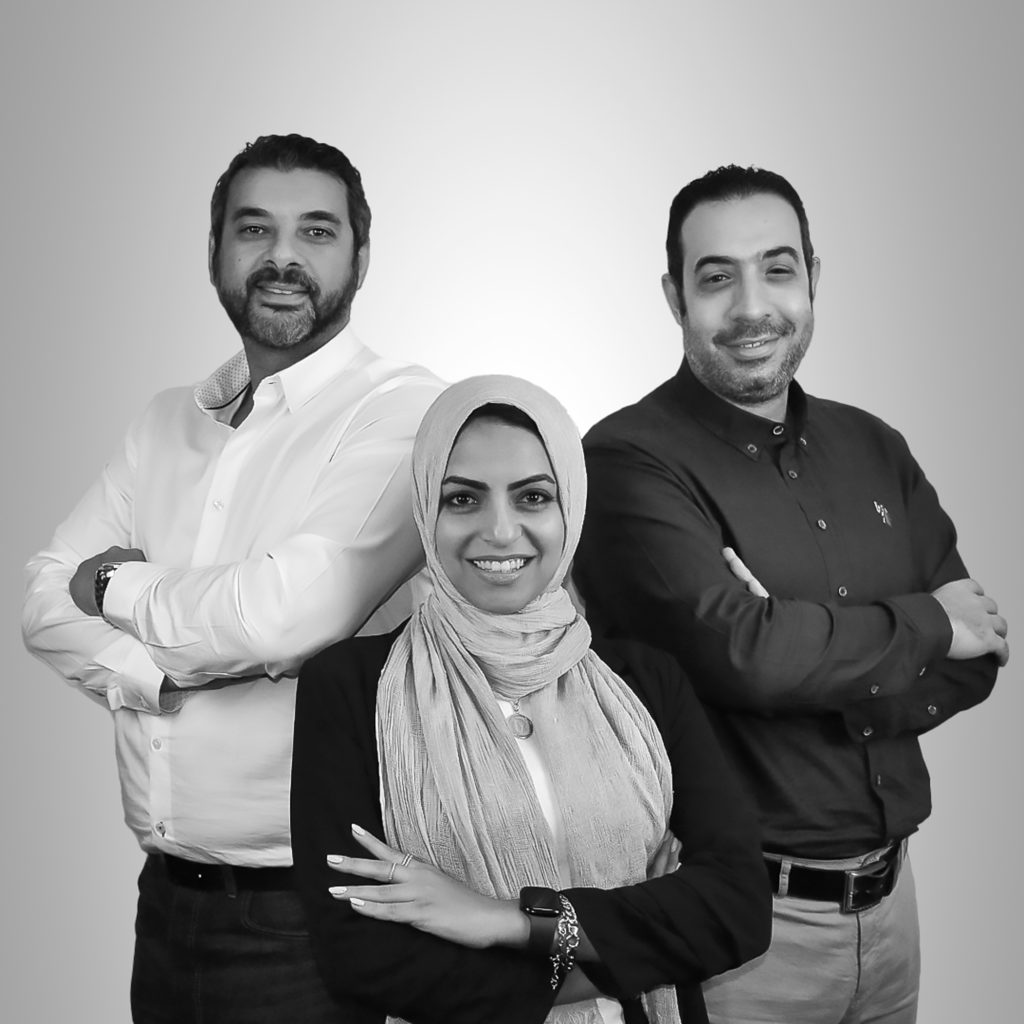
“It’s been an incredible journey building a solution we are supremely passionate about, with the unparalleled support of experienced and strategic investors such as A15, who are literally building this business alongside us, with expertise that has enabled our expansion into key target markets,” Esaal’s CEO, Fadi Doss said in a statement. “We have only scratched the surface in an untapped market and are actively working to secure further capital to fuel our continued growth. Esaal has become a name synonymous with trust, quality and access to health and wellness professionals that can help users obtain better outcomes.”
“From the moment we started working with the Esaal team, we knew this was a company with the laser focus and vision to create something truly unique and purpose-driven in its market. They have been prudent in the deployment of capital to date, demonstrating outstanding efficiencies in unit economics, which has enabled their expansion ambitions, “ A15’s managing partner, Karim Beshara speaking on the investment. “We are proud to see their growth, and enjoyed building the business with them throughout the last four years.”
Esaal is currently available in 8 countries including Egypt, KSA, Tunisia, Kuwait, Qatar, Bahrain, Palestine and Iraq; and wants to use its recent funding to further expand across the MENA region, invest in product and brand development, and increase talent acquisition.
“There are millions more people across an enormous region that would benefit from our fresh approach to holistic health and we are thrilled to be in a position to keep growing and connecting more health professionals with patients in underserved markets,” Doss said.
Esaal, told TechCrunch, that it expects a revenue CAGR of around 50% to 60% between 2021 and 2025. This goal is supported by data which estimates that the telemedicine industry in Africa and the Middle East will grow from $3.86 billion in 2022 to $6.44 billion by 2021, with a CAGR of 10.80% over the forecast period.







